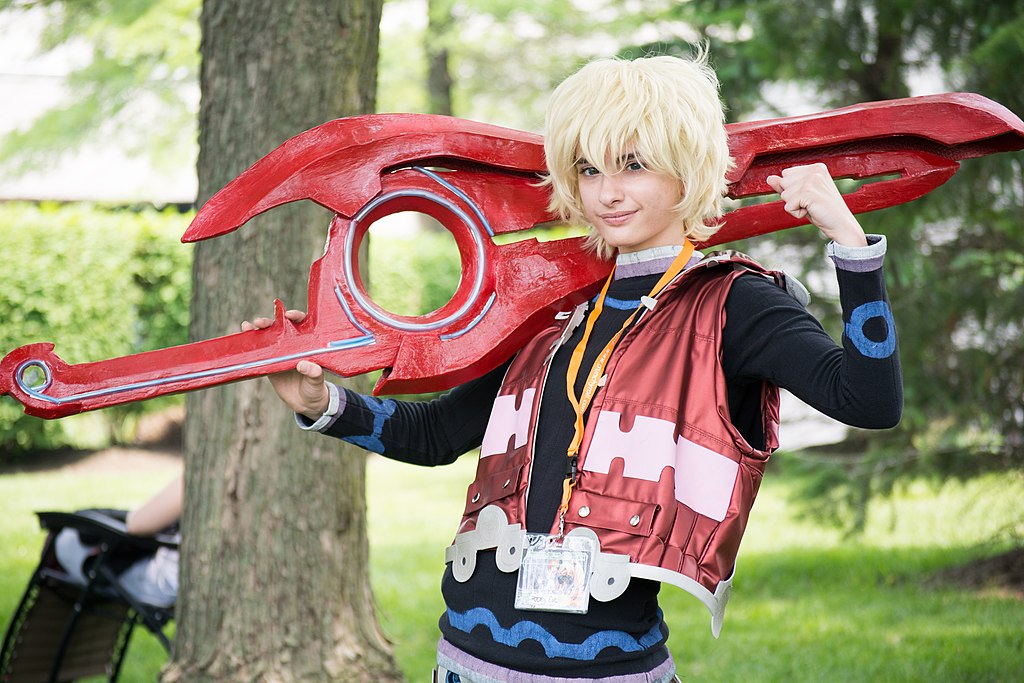Mar 31, 2021
What is Otaku Culture?
Once a little-known subculture, otaku is now popular throughout Japan and even in many Western world parts. But what is an otaku, and how did it change from being a pejorative term used to describe nerds to a mainstream cultural phenomenon?
What is Otaku?
The term otaku refers to a passion that goes beyond that of the average fan. In the Western world, otaku is associated exclusively with anime, manga, video games, and idols, but there are even more types of otaku in Japan. In fact, the term can apply to just about any area of interest.
The Birth of Otaku Culture
Otaku began in the 1980s with the anime boom. It was still a negative term due to the perception of otaku being social outcasts. Furthermore, the serial killer Tsutomu Miyazaki, who was active between 1988 and 1989, was called the Otaku Murderer by the media.
Since then, the stereotypes and negative associations have mostly dissipated. Today, a large number of people, particularly teens, happily self-identify as some type of otaku.
Types of Otaku
The first researchers to study otaku divided the culture into 12 main affiliations. Since then, other researchers have defined even more classifications.
Manga
The largest group is manga otaku. One reason for this is likely because manga has an appeal for almost everyone due to the wide variety of genres it covers. Whatever your interests, there’s likely a type of manga you will enjoy. Plus, manga comes in the form of both books and magazines. For this same reason, different individuals who identify as manga otaku may have completely diverse interests to each other.
Idols
Idol otaku tends to be for female pop groups. In addition to collecting merchandise (including CDs and DVDs), otaku go to concerts and — for some groups — try to obtain tickets that give them the chance to shake hands with their idols.
Video Games
Many of the most popular video games in the world come from Japan, including Pokémon and the Final Fantasy series. Video game otaku is growing further with the popularity of eSports.
Anime
Many people in Japan watch at least a few anime series regularly, but some take it a step further and are fanatical about a particular anime (or even more than one). Anime otaku know everything there is to know about their favorite series, have collectibles, and often feel affection toward certain characters — usually female characters.
Other Types of Otaku
The remaining types of otaku named in the original classification may surprise you as they’re unrelated to pop culture. They are:
- Travel
- PCs
- Automobiles
- Mobile devices
- Audiovisual equipment
- Cameras
- Fashion
- Trains and railways
Other research has named additional categories of otaku, including Vocaloid (a type of singing synthesizer), cosplay, and professional wrestling.
It is the dream of many otaku living abroad to one day visit Japan and fully immerse themselves in the culture. In fact, if you visit any of the most popular otaku places such as Akihabara or Nakano Broadway, you’ll find it packed with tourists buying and trading otaku items.
C. Fountainstand, CC BY 2.0, via Wikimedia Commons


About the author